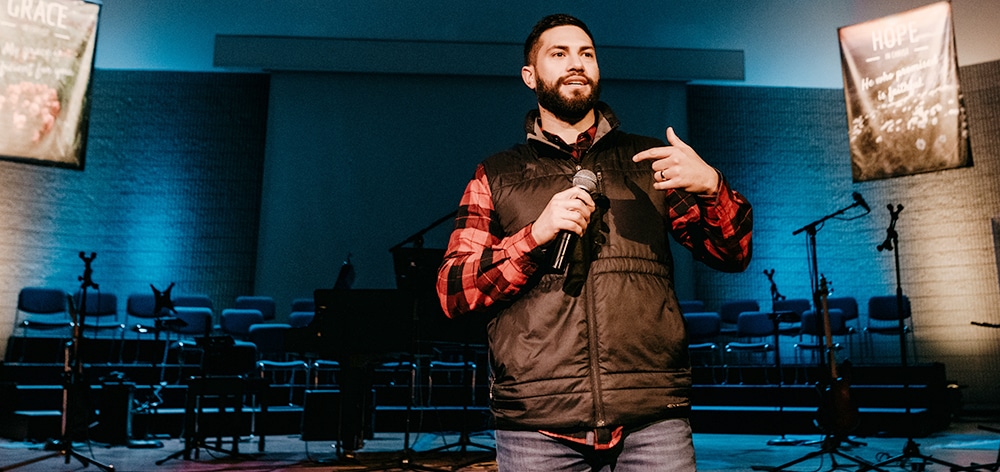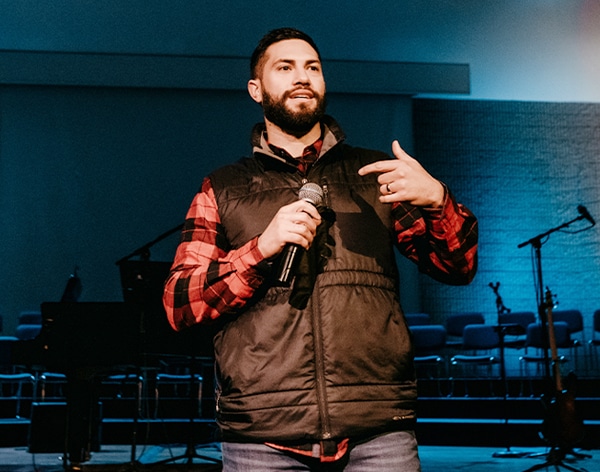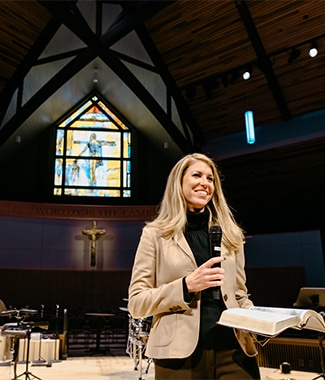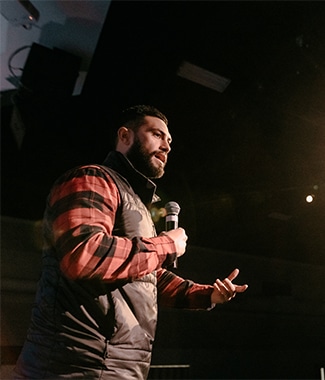Master of
Divinity
On-Campus & Online
Divinity
On-Campus & Online
REQUEST INFORMATION
Loading...
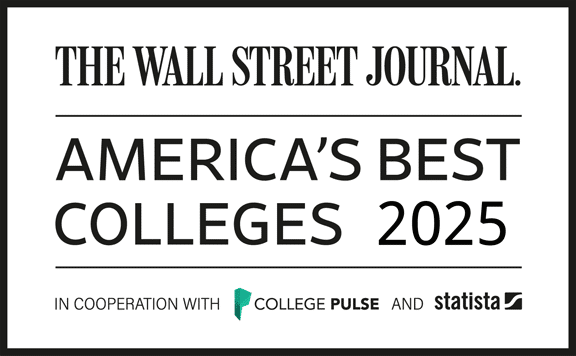

Transfer Friendly
Transfer up to 75% of your program credits
Transfer up to 75% of your program credits
Expand Ministry Impact With a Master of Divinity (M.Div.) Online Degree
Form your mind and soul for lifelong ministry impact or doctoral pursuits with your Master of Divinity at Cornerstone Theological Seminary. With rigorous study in theology, biblical languages, church history, and spiritual formation — plus hands-on training through ministry leadership courses and a practical residency — you’ll be prepared to serve God by serving the church, non-profits or military chaplaincy with relevant skills. With one of the most affordable M.Div. degrees available, generous scholarships, and flexible scheduling, you can balance your studies alongside ministry, work, and family.
Develop Ministry Capabilities with a Master’s in Ministry Leadership
Led by Biblically faithful faculty scholars, theologians and leading apologetics scholars who are currently active in Christian ministry, our 75-credit hour M.Div. degree is designed to equip ministry leaders or prepare future doctoral candidates.
Cornerstone University and Cornerstone Theological Seminary unwaveringly embrace Biblical scripture, which is central to our foundational statements and doctrinal confession, honoring God’s vision of the world and ministry.
A decades-long partner and resource to churches and pastors, Cornerstone Theological Seminary is accredited by the respected Association of Theological Schools (ATS), and Cornerstone University is accredited by the Higher Learning Commission (HLC).
Ministry Careers with a Master of Divinity (M.Div.) Degree
- Pastor
- Ministry Leader
- Nonprofit Director
- Church Director
- Christian Educator
- Ph.D. or D.Min Studies
- Missionary
- Chaplain
- Bible Teacher
- Worship Leader
- Youth Pastor/Leader
Master of Divinity Scholarship
Master of Divinity students can be considered for the Sola Scriptura Master of Divinity Scholarship. Funded by the Pirsig and Stowell endowments, this scholarship covers 75% of tuition each semester — making Cornerstone Theological Seminary’s Master of Divinity program one of the most affordable in the nation for eligible students.
Your Next Steps
Review application requirements and take the first step to apply to Cornerstone Theological Seminary today.
- Submit your program application.
Choose the Speciality Master’s degree application.
No GRE is required. - Submit your transcripts.
Request your undergraduate transcripts directly from the institution. A minimum 2.5 GPA from an accredited undergraduate college or university is required. - Submit a Letter of Recommendation.
Submit one letter of recommendation from a ministry leader or mentor.






